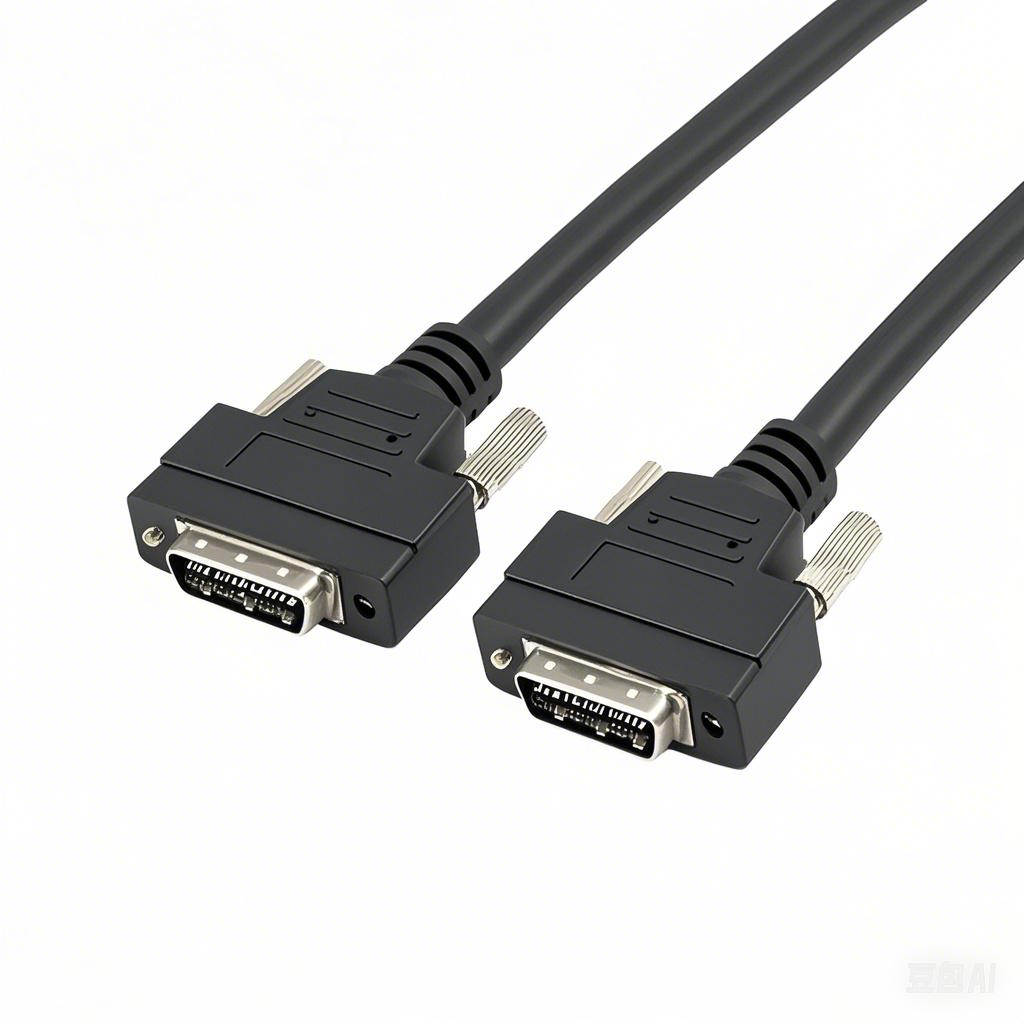What is the impact of oil exposure on machine cable
Machine cables are the lifelines of industrial equipment, responsible for transmitting power and signals to ensure smooth operation. However, in many industrial environments—such as manufacturing plants, automotive workshops, and marine facilities—these cables often come into contact with various oils, including lubricating oils, hydraulic oils, and fuel oils. Oil exposure may seem harmless at first, but it can cause severe and long-term damage to machine cables, affecting equipment reliability and even posing safety risks. Understanding these impacts is crucial for maintaining industrial productivity and reducing unexpected downtime.
1. Degradation of Insulation Layers
The insulation layer of a machine cable is designed to prevent electrical leakage, short circuits, and external interference. Most cable insulations are made of polymers like PVC, rubber, or polyethylene. Oils, especially mineral-based and synthetic oils, act as solvents or plasticizers for these polymers. Over time, oil molecules penetrate the insulation material, causing it to swell, soften, or harden and become brittle. For example, rubber insulation exposed to hydraulic oil may lose its elasticity, leading to cracks or splits. Once the insulation is damaged, electrical current can leak, increasing the risk of electric shock to workers or short circuits that damage the connected equipment. In extreme cases, degraded insulation may even ignite if an arc forms, triggering fires in the workplace.
2. Corrosion of Conductors
Beneath the insulation layer lies the conductor, typically made of copper or aluminum, which carries the electrical current. While oils themselves are not highly corrosive, they often contain impurities such as water, acids, or metal particles. When oil seeps through damaged insulation and comes into contact with the conductor, these impurities initiate electrochemical corrosion. Copper conductors, for instance, may develop a layer of copper oxide or sulfide, which increases electrical resistance. Higher resistance leads to energy loss, overheating of the cable, and reduced signal transmission quality. In power cables, this can result in voltage drops, affecting the performance of the machinery it powers. If corrosion is left unchecked, the conductor may eventually break, causing a complete loss of power or signal and halting production.
3. Deterioration of Mechanical Properties
Machine cables are often subject to mechanical stress, such as bending, twisting, and vibration, during operation. Oil exposure can weaken the cable’s structural integrity by damaging the outer sheath and internal reinforcement layers. The outer sheath, which protects the cable from physical damage and environmental factors, can become soft and prone to tearing when exposed to oil. Reinforcement materials like fiberglass or steel wires may also degrade, losing their ability to withstand tension. A cable with deteriorated mechanical properties is more likely to break during routine movement, leading to unexpected equipment shutdowns. Additionally, oil can make the cable slippery, increasing the risk of it becoming dislodged from its mounting or tangling with other components, further disrupting operations.
4. Impaired Electrical Performance
Oil exposure directly impacts the electrical performance of machine cables in multiple ways. As mentioned earlier, insulation degradation leads to increased leakage current and reduced dielectric strength, making the cable more susceptible to breakdown under voltage. For signal cables, oil can interfere with signal transmission by causing capacitance changes or introducing noise. This is particularly problematic in precision equipment, such as automated manufacturing systems or control panels, where accurate signal transmission is critical. Even minor signal distortion can lead to incorrect machine operations, product defects, or system malfunctions. In power cables, overheating due to corrosion or increased resistance can trigger thermal overload protectors, shutting down the equipment to prevent damage—a scenario that costs businesses time and money in lost productivity.
Preventive Measures to Mitigate Oil Exposure Impact
To minimize the negative effects of oil exposure, several preventive steps can be taken. First, select cables specifically designed for oil-resistant applications. These cables use insulation and sheath materials like neoprene, nitrile rubber, or cross-linked polyethylene (XLPE), which are resistant to oil penetration and degradation. Second, implement proper cable routing and protection, such as using cable trays, conduits, or protective sleeves to keep cables away from oil sources. Regular inspection and maintenance are also essential—check cables for signs of oil contamination, insulation damage, or conductor corrosion, and replace damaged cables promptly. Finally, ensure that any oil spills are cleaned up immediately to prevent prolonged contact with cables.
Choose FRS for Reliable Oil-Resistant Machine Cables
When it comes to protecting your industrial equipment from the harmful effects of oil exposure, FRS brand factory stands out as a trusted partner. FRS specializes in manufacturing high-performance machine cables with advanced oil-resistant insulation and sheath materials. Our cables undergo rigorous testing to ensure they can withstand prolonged exposure to various industrial oils, maintaining excellent electrical and mechanical properties even in harsh environments. With FRS, you get not only durable cables but also tailored solutions to meet your specific application needs, backed by professional technical support and reliable after-sales service. Invest in FRS machine cables today to enhance equipment reliability, reduce downtime, and safeguard your industrial operations.











